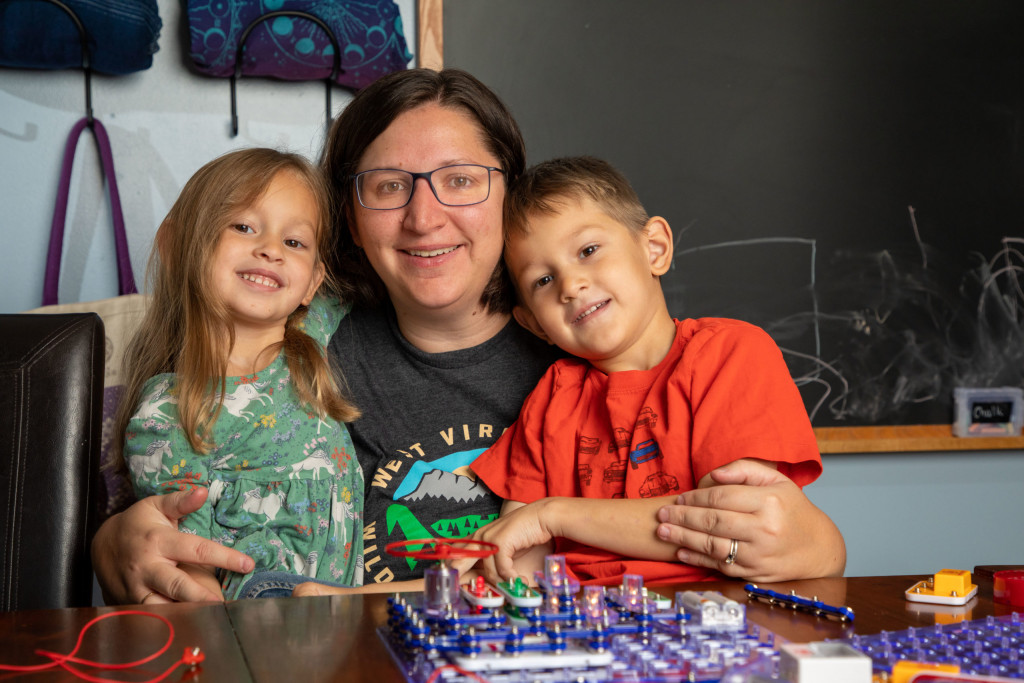
The West Virginia Supreme Court of Appeals, which last month upheld the constitutionality of the Hope Scholarship education choice program, issued on Thursday a 49-page majority decision that a traditional public education system and the statewide education savings account program can operate concurrently without violating the state constitution.
Justice Tim Armstead wrote:
“… we find that the West Virginia Constitution does not prohibit the Legislature from enacting the Hope Scholarship Act in addition to providing for a thorough and efficient system of free schools. The Constitution allows the Legislature to do both of these things.”
The Supreme Court directed the lower court to rule in favor of parents and the state.
The opinion, which was not unanimous, came in response to a lower court ruling in favor of education opponents challenging the new law, which the Legislature enacted in 2021 to establish the Hope Scholarship Program. The program allows parents to remove their children from traditional public schools and apply to the state for about $4,300, which can be directed to private school tuition, home education, and other pre-approved expenses.
More than 3,000 families had applied earlier this year, but weeks before school was set to begin, a circuit judge ruled the program unconstitutional and halted its operation. The decision sent parents scrambling to find alternatives in time for the start of the 2022-23 academic year.
On Oct. 6, the high court issued a one-page order finding the Hope Scholarship Program constitutional and allowed it to move forward. The opinion released Thursday was the full opinion.
Attorneys for one group of education choice supporters said the opinion shows what choice supporters across the United States have argued all along in making their case for giving parents the right to determine the best educational fit for their children.
“The West Virginia Supreme Court of Appeals confirmed what state court after state court has found,” said Joshua House, an attorney with the Institute for Justice, a public interest legal organization intervening on behalf of two parents seeking Hope Scholarships for their children. “The constitutional requirement to provide for public schools is a floor, not a ceiling. West Virginia has to provide public schools, but it can give parents other options, too.”
One of the parents, Katie Switzer, whose child has a speech disorder that she thinks could be better addressed at a private school, praised the opinion.
“We’re really excited to have this in writing,” Switzer said in a statement issued by the Institute for Justice. “This helps us have confidence moving forward to make decisions about the best education for our children.”
The opinion in favor of education savings accounts comes after 21 states established or expanded education choice programs last year.



[…] This article originally appeared at reimaginED. […]